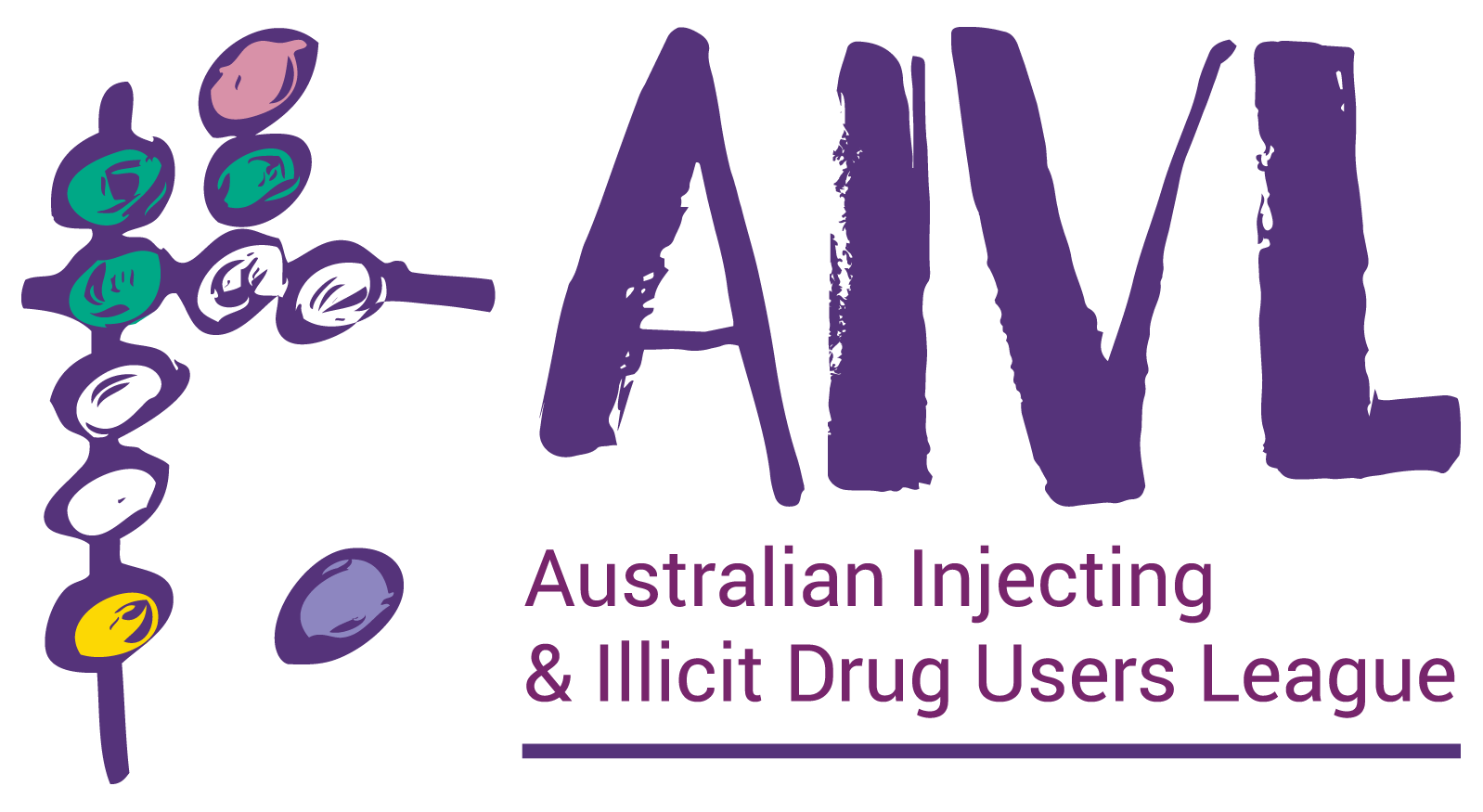HIV
HIV (Human Immunodeficiency Virus) is a virus that attacks the immune system and weakens the body's natural way to fight infections.

HIV is a virus that affects the body’s ability to fight off infections. It is the virus that
causes AIDS (Acquired Immune Deficiency Syndrome).
Most people with HIV look healthy and have no symptoms for many years. Eventually, the immune system becomes badly weakened and AIDS may develop. This can lead to life threatening illnesses and death. However, in recent years, new treatments have become available which are allowing people to live much longer and healthier lives with HIV.
Book into a Clinic and get tested today!
More information
- Signs and symptoms
Soon after getting HIV infection, some people may feel as if they have the flu. They may have a fever, headache, tiredness and a rash. Others may not. Sometimes people start getting illnesses years after they first get infected. People with HIV can look and feel healthy. Many people don't realise they have it because they don't feel or see anything wrong. If a person has a blood test to check if they have HIV, it can sometimes take up to three months (after infection) for the virus to show up on the blood test.
- Risk factors
You are at risk if you have anal or vaginal sex without a condom or share needles, syringes or other injecting equipment with someone who has HIV. If you are HIV-positive and pregnant and are not on treatment, there is a risk that your baby may be born with HIV.
- Treatment
Currently there is no vaccine or cure for HIV, but people who are HIV-positive can take daily medications which keep HIV under control.
Darwin
-
Opening hours
NTAHC Darwin and NSP open Monday to Friday: 8.30am to 5pm
Alice Springs
Shop 3 Reg Harris Lane
Todd Mall
ALICE SPRINGS NT 0870
PO BOX 2461 ALICE SPRINGS NT 0871
T : 08 8953 3172
-
Opening hours
8:30am-5pm Monday- Friday (closed 12-1pm).
Palmerston (NSP only)
-
Opening hours
Monday to Friday: 9:30am to 5:30pm
Closed for lunch: 1pm to 1:30pm
ACKNOWLEDGEMENT OF COUNTRY
"NTAHC acknowledges the Traditional Custodians on whose lands we work and live and, pay respects to elders past and present .
We are committed to a positive future for the Aboriginal community."
NTAHC Diversity Statement
“NTAHC welcomes, celebrates and respects diversity and we actively promote equity and inclusion for all its employees, volunteers and priority populations. We do not tolerate discrimination on the basis of sexuality, gender identity, bodily autonomy or gender expression.”
ABN: 58 945 364 262 • Australian Charities and Not-for-profits Commission number: 58945364262
NTAHC Darwin 08 8944 7777
Website designed and developed by Captovate








